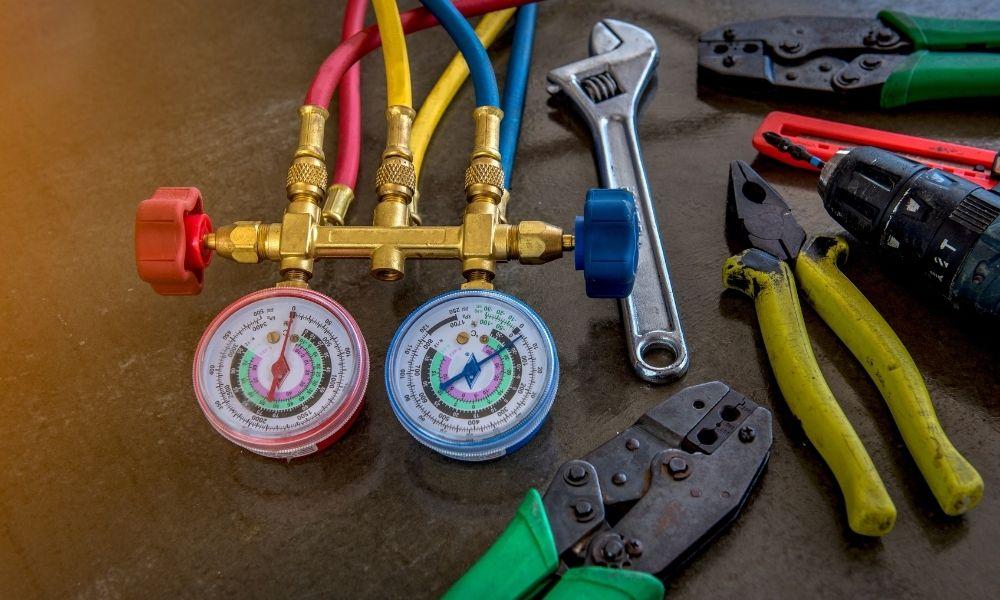Uncategorized
A Guide To Choosing General Contractor Equipment
Beginning your profession as a general contractor will require you to purchase numerous pieces of equipment that can be excessively expensive. But buying them isn’t enough; you need to know what general contractor equipment to purchase when necessary. Buying equipment can quickly become too expensive, and purchasing tools you don’t need will only take up storage space.
Buy for Quality
When first beginning as a contractor, you may be inclined to go with the less expensive equipment. Having a budget is necessary, and sticking to that budget will keep you financially stable, but there is a difference between keeping to a budget and purchasing low-quality equipment.
Daily Use
The tools you buy are now your professional tools; without them, you don’t have a job. Because of how vital your tools are to your occupation, you must ensure you don’t purchase low-grade equipment. Since they’ll be used constantly, having unreliable equipment will slow you down or even grind work to a halt.
Equipment Insurance
Your equipment is an investment, and you need to protect your investment from possible damage or theft. Anything can happen on a job site; without taking the proper precautions, you may end up with ruined or missing equipment. Purchasing insurance for your tools will make sure that you can get up and running in the event tools are damaged, lost, or stolen.
Trusted Sources
It cannot be stressed enough that you must order equipment from trusted, reputable companies. There are many suspect equipment providers that will take your money in exchange for low-quality equipment or no equipment at all. Research where you are buying from to make sure you’re getting exactly what you pay for.
Have the Right Tools for the Job
Buying any equipment you think you will need in the course of your day is not recommended. Rapidly stocking up on tools can result in your purchasing equipment you may never use or that sit for long periods of time between uses.
Know the Work You’re Tackling
If you’re focusing on a specific aspect of contracting—whether it’s plumbing, construction, carpentry, or painting—then you’ll have to choose your equipment differently. If you go into plumbing, then you’ll need certain sanitation equipment such as water-resistant gloves. Or, if you’re a painter or carpenter, then you may need contractor shoe covers to walk across your client’s carpeting without damaging it.
Plan Ahead
When looking through a guide to general contractor equipment, throughout the whole process you must consider the future. This means thinking about your budget, where you are buying from, and what equipment you will need. Neglecting any of these considerations can mean wasted time and money, which may result in the closing of your contracting business.

